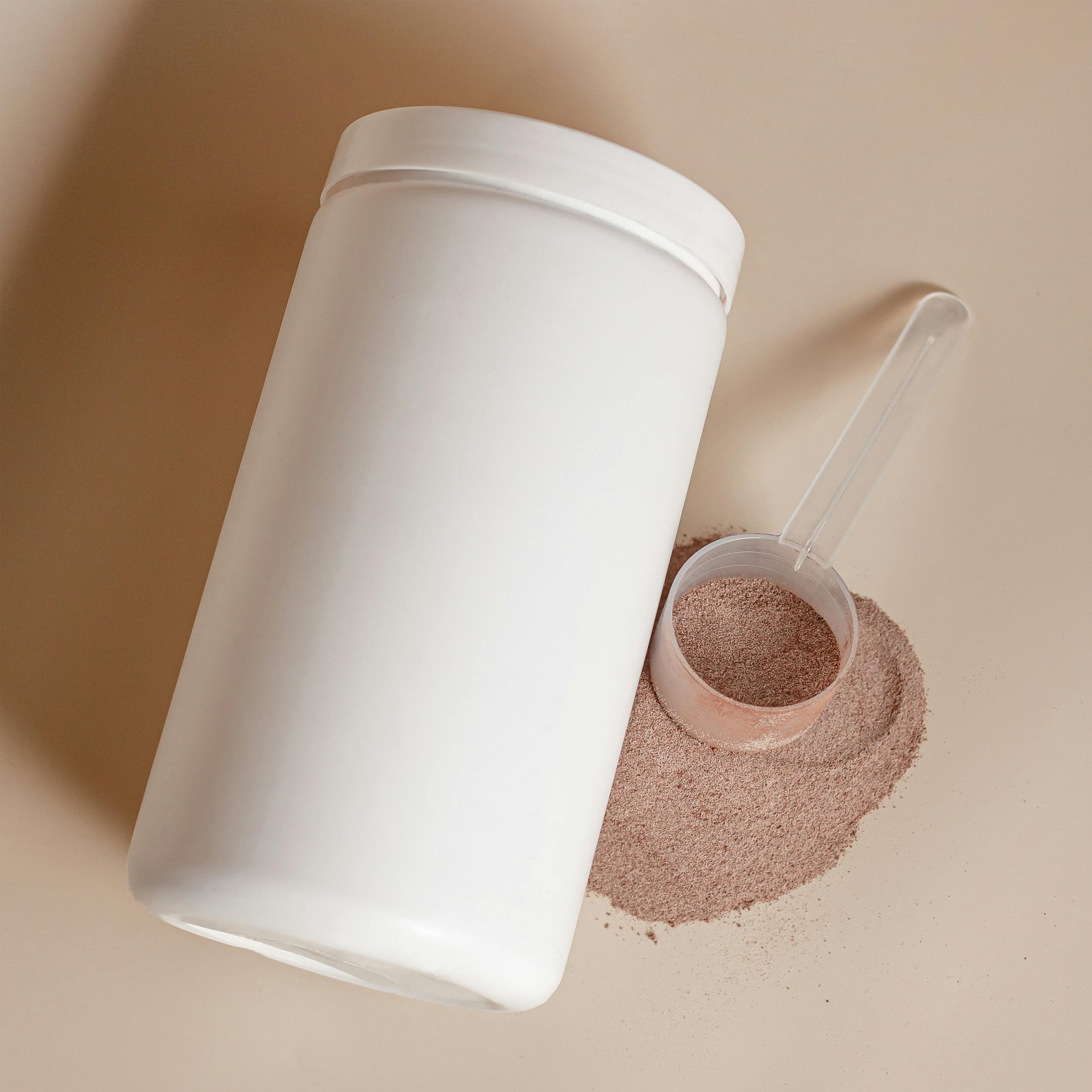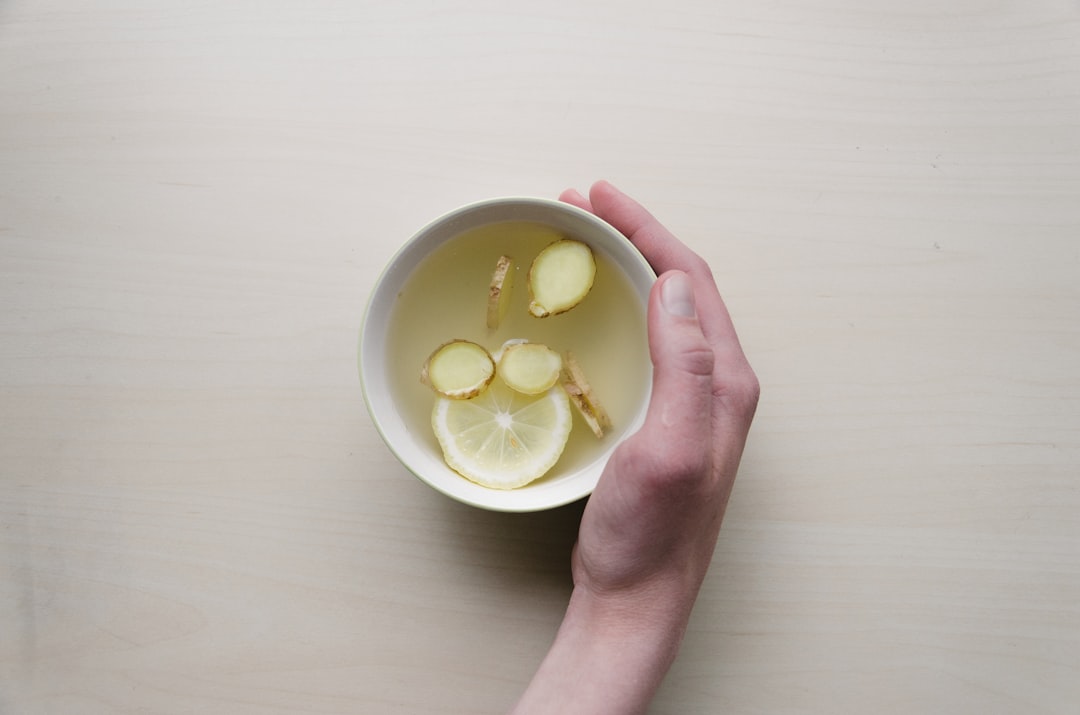
Decoding Protein Supplements: Tips for Women on Label Reading and Dietary Preferences
Decoding Protein Supplements: Tips for Women on Label Reading and Dietary Preferences
Navigating the world of protein supplements can be a transformative journey for women aiming to enhance their fitness and health. With a variety of options like whey protein, plant-based alternatives, and casein, understanding your individual needs and goals is crucial. Whether you are focusing on muscle gain, weight loss, or maintaining a balanced diet, selecting the right supplement involves careful consideration of ingredients, quality, and dietary preferences such as vegan or gluten-free options. In this guide, we will empower you with essential tips on label reading, understanding protein content, and determining the recommended daily intake tailored to your activity level. Dive into the details and discover how to elevate your fitness journey with the perfect protein supplement.
Benefits of Protein for Women
Enhancing Muscle Recovery
Protein supplements play a crucial role in muscle recovery, particularly for active women. After a workout, muscles undergo stress and need protein to repair and grow stronger. Consuming protein-rich supplements can accelerate the recovery process by providing essential amino acids that support tissue repair. Whey protein is especially effective due to its rapid absorption rate, making it ideal post-exercise. Plant-based proteins can also be beneficial, offering a slower release of proteins that aid in prolonged recovery. Incorporating a protein supplement into your routine can reduce muscle soreness and enhance overall performance. To maximize recovery, it's important to consume protein within a 30-minute window post-workout. This timing ensures muscles receive the necessary nutrients quickly. By prioritizing protein intake, women can enhance their recovery process, allowing for more consistent and effective workouts, ultimately leading to improved fitness outcomes.
Supporting Weight Management
Protein supplements can be a valuable tool for women aiming to manage their weight effectively. High-protein diets are known to increase satiety, helping to control hunger and reduce overall calorie intake. By incorporating protein supplements, you can boost your daily protein intake without adding excessive calories. This approach supports muscle maintenance and fat loss, key factors in achieving a healthy body composition. Whey protein, with its high leucine content, is particularly effective at preserving lean muscle during weight loss. For those preferring plant-based options, pea and soy proteins are excellent alternatives that also offer appetite-suppressing benefits. It's essential to balance protein intake with regular exercise to optimize weight management outcomes. By supporting muscle health and promoting a feeling of fullness, protein supplements help women maintain a healthy weight while supporting their overall fitness goals.
Types of Protein Supplements
Whey and Casein Protein
Whey and casein proteins are two of the most popular animal-based protein supplements, each offering unique benefits for women's fitness. Whey protein is derived from milk and is known for its quick absorption, making it an ideal choice post-workout when muscles need immediate protein for recovery. It contains all essential amino acids, supporting muscle repair and growth. Whey is also effective in boosting metabolism and enhancing muscle protein synthesis.
On the other hand, casein protein, also sourced from milk, digests slowly, providing a gradual release of amino acids. This makes it suitable for consumption before bedtime or when extended periods without protein intake are expected. The slow digestion helps reduce muscle breakdown while you rest, promoting muscle maintenance and growth. Both whey and casein can be integral parts of a balanced diet, supporting different aspects of fitness and recovery. Choosing between them depends on individual dietary preferences and fitness goals.
Plant-Based Alternatives
Plant-based protein supplements are a great choice for women seeking vegan or dairy-free options. These supplements are derived from sources like peas, soy, rice, and hemp, each providing unique nutritional benefits. Pea protein is rich in essential amino acids and is highly digestible, making it a popular choice for muscle building and recovery. Soy protein is another complete protein source, offering benefits for heart health and muscle maintenance. Rice protein, typically combined with pea protein, offers a balanced amino acid profile suitable for those with allergies or intolerances. Hemp protein provides omega-3 fatty acids in addition to plant protein, supporting overall wellness.
Plant-based proteins are generally lower in calories and fat, making them an excellent option for weight management. They also support a sustainable diet and align with ethical dietary preferences. By choosing plant-based protein supplements, women can meet their fitness and nutritional goals while adhering to their dietary principles.
Choosing Based on Dietary Preferences
Understanding Label Reading
Reading labels is essential when selecting protein supplements, especially for women with specific dietary preferences. Start by examining the protein content per serving to ensure it meets your nutritional needs. Look for supplements with a higher protein-to-calorie ratio for effective muscle building or weight management. Check ingredient lists for any allergens, additives, or artificial sweeteners that may not align with your dietary goals.
For those with dietary restrictions, ensure the label explicitly states "vegan," "gluten-free," or "non-GMO" as needed. Pay attention to the source of protein, particularly if plant-based options are preferred. Also, review the amino acid profile to confirm the presence of essential amino acids, crucial for muscle recovery and growth.
Understanding these elements helps make informed decisions, ensuring the selected supplement aligns with your health objectives and dietary principles. By mastering label reading, you empower yourself to choose the best protein supplement for your unique lifestyle and goals.

Factors for Dietary Needs
When choosing protein supplements, it's important to consider individual dietary needs and preferences. Women with lactose intolerance might opt for plant-based proteins like pea or soy, while those with gluten sensitivity should ensure the supplement is certified gluten-free. Vegans or vegetarians will benefit from plant-based protein powders, which provide essential nutrients without animal products.
Additionally, check for any specific dietary certifications on the label, such as organic or non-GMO, which can align with personal health beliefs and ethical considerations. Another factor is the presence of artificial ingredients, which some may wish to avoid for a cleaner supplement choice.
It's also essential to consider any additional nutritional needs, such as added vitamins or minerals, which can enhance overall health and support fitness goals. By evaluating these factors, women can select a protein supplement that satisfies their dietary requirements while effectively contributing to their health and fitness ambitions.





